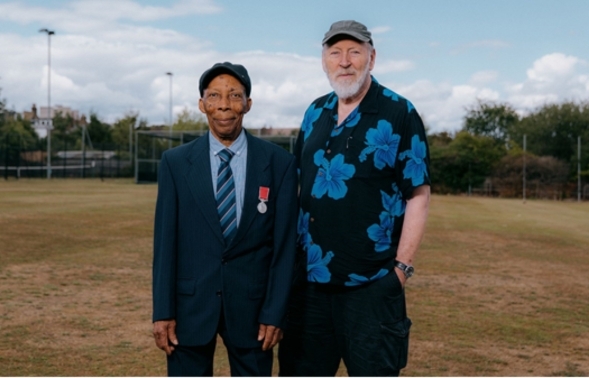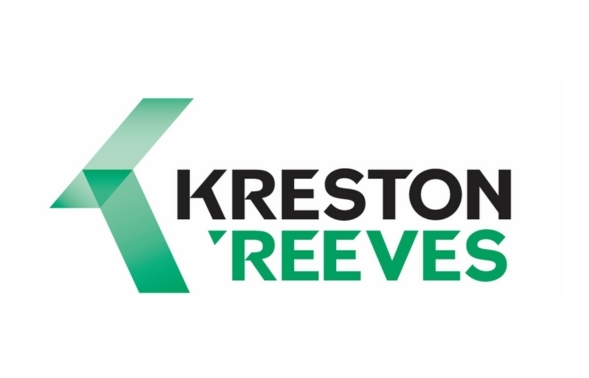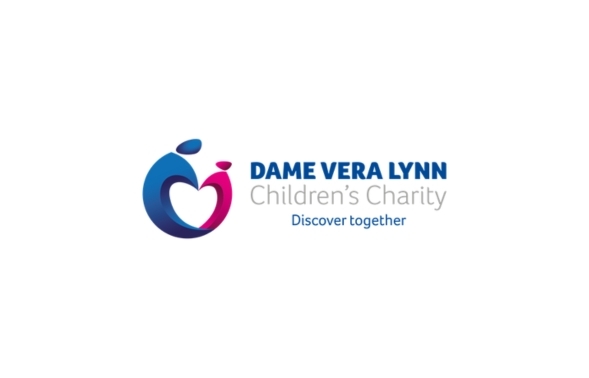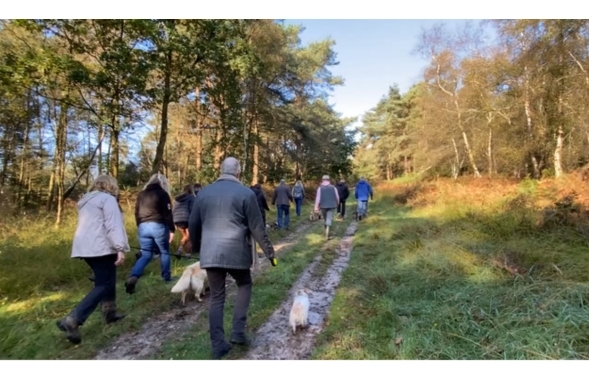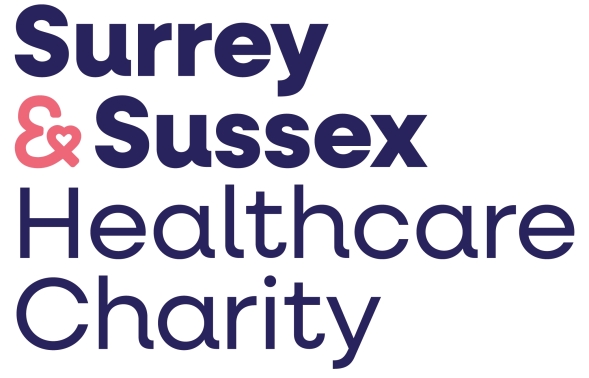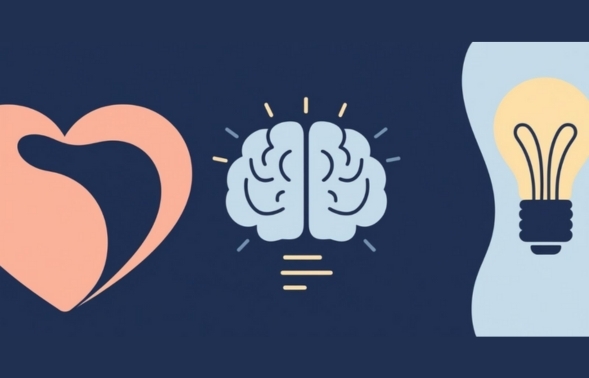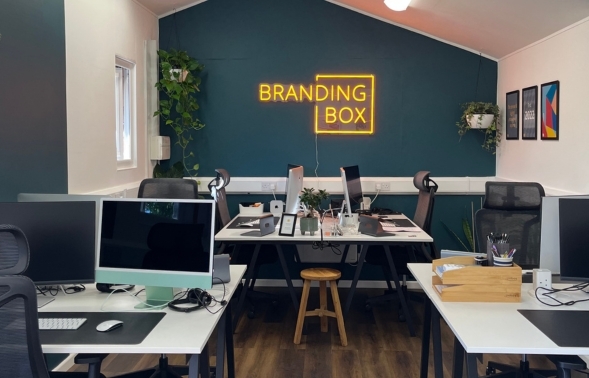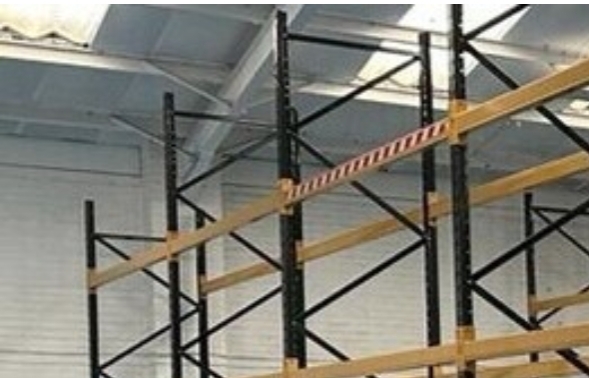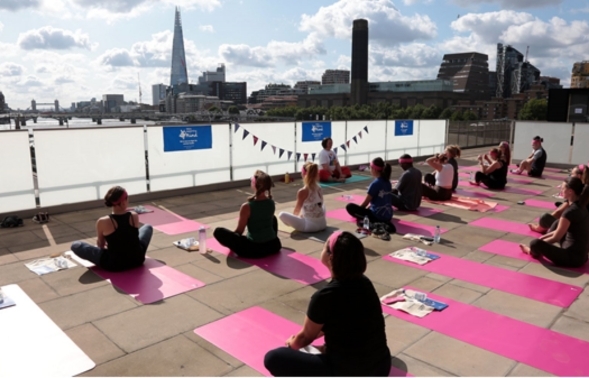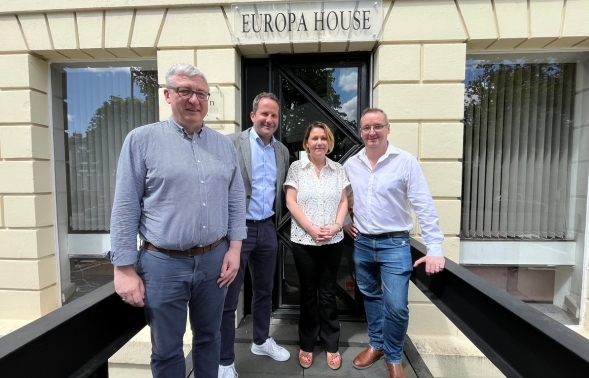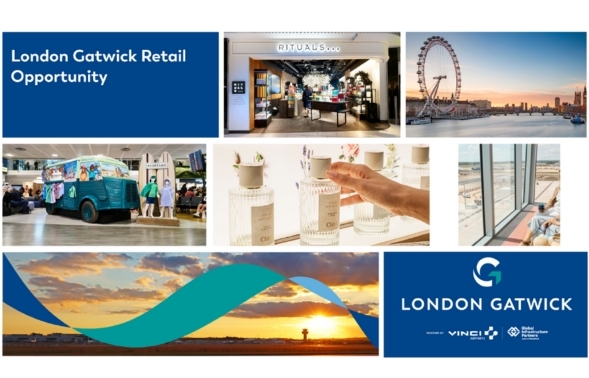Giles Tomsett is Chief Executive at St Catherine's Hospice in Crawley. He wanted to share this moving message with you all.
"Dear reader,
I hope that you and your family and friends have been keeping safe and well through this very difficult time. This pandemic isn't something any of us ever expected to face, and if you or anyone you know has been touched by this crisis, may I express my deepest sympathy.
For my part, I'm tremendously grateful that I'm surrounded by the most incredible team at St Catherine's, and for the courageous and positive way that they have all met this challenge.
Our teams have been continuing to go into people's homes across our communities throughout this pandemic, delivering the same high standard of care as they were before, whilst dealing with their own concerns about their families, and worrying if they'll take the virus home to them.
But their work is absolutely essential. At a time when death and dying has been so sharply brought into focus for us all, it's essential to make sure more local people, coming towards the end of their lives, receive the best end of life care and support possible.
At this time, when we're needed more than ever, the coronavirus crisis has had a severe impact on many of the sources of funding that our hospice relies on to provide essential care. All our shops were temporarily closed and have only just re-opened, and all of our spring and summer fundraising events have been cancelled. Others due to take place this autumn are very unlikely to go ahead. Although we've received some Government funding, and taken every opportunity to minimise our costs, we still expect that the amount we're able to raise this year won't cover our hospice running costs.
We face a monumental challenge to raise enough to continue to be there for everyone in our community who needs us.
We're finding that many people we look after are feeling particularly lonely and vulnerable. Some of them haven't left their house for months or been able to access the usual support they rely on. If people have friends and family nearby; they've not been able to see them. For others without children, or other living relatives, they've been feeling so alone, they've been close to crisis point.
For these people, being able to pick up the phone to a caring member of the St Catherine's team when they need expert advice and support makes so much difference. And, if they're happy to receive visits, and it's safe for them to do so, knowing that they'll see the friendly face of one of our hospice team members (albeit one in a mask), has been invaluable.
As your local hospice, we can't be there for people in your community without your help. Your donations are as crucial as the care my colleagues provide on the frontline, because without them, we can't visit isolated, vulnerable people to offer them much needed support.
My colleague, Karen, has shared what it's been like caring for local people in their homes throughout the pandemic and I hope her experiences will inspire you to support your local hospice today.
You can make a donation online by visiting www.stch.org.uk/communitycare or by calling our team on 01293 447361. Your donation will help make sure Karen and her colleagues can continue to care for more people in your community when it's needed most - Thank you."
Karen Fentum is a Nursing Assistant who provides hands on care in people's own homes.
"Coronavirus hasn't changed the care and support we give, but it has changed some of the ways we work. We're still out visiting people - that's never altered. But we aren't travelling together in the same car to people's homes like we used to - to minimise the risk of transmitting coronavirus to patients and their families, and to each other. It's so important to keep ourselves safe so we can continue caring for people who need us. So, for every visit, we drive in two separate cars now, which means we're all doing a lot more mileage.
We've also had to adapt to wearing PPE, but families are getting more used to us wearing it now. They know it's there to keep them safe from infection and we do everything we can to make them feel comfortable. One thing we worried about was that wearing masks would stop patients seeing our faces - and our smiles - but they can still see our eyes and know that we care.
As well as caring for our patients we support their families
Families often talk to us during our visits, sharing their concerns, and we refer them to other colleagues in the hospice for all sorts of help - medical, emotional, financial, and spiritual. We remind people that we're always available 24/7 by phone too.
The work we do also helps to ease the pressure on GPs and District Nurses. If someone needs a morphine syringe driver set up at home, and a District Nurse can't get there - we can do it. We know GPs well and have a really good relationship with them. They've all got our mobile numbers and can call us when they want to check something or find out how their patient is.
We arrange support equipment in people's home
Sometimes, we'll go into someone's home when they've just been referred to the hospice and find they don't have the equipment they need to help them manage their illness at home. We have to think quickly and often arrange for a special, adjustable bed to be brought in and other support equipment from our therapies team.
You learn to pick up and recognise what people need
Some people are so tired that having a full wash wears them out, so we freshen them up - even something as simple as that can really lift someone's mood. Other people we visit feel up to a full bed bath. We're able to give men a shave and wash people's hair with a special shampoo shower cap - people tell us it feels amazing afterwards.
We visited one family recently, where a daughter was caring for both of her poorly parents. She was absolutely exhausted. So we arranged a night sit for her so she could get a good night's rest. The change in her when we next visited was unbelievable. Getting a good night's rest can make a huge difference when you're caring for someone who is so unwell.
We help people in whatever ways we can
If there's a sink full of washing up or a shopping delivery has arrived at someone's home, we'll wash up or put the shopping away. We make light meals for people too -a sandwich, or a microwave meal and cups of tea and coffee. Anything that makes life a little bit easier for local people who are going through such a difficult time.
Often people want to have conversations about death and dying
Sometimes people don't want us to do anything other than sit and talk to them about their worries. As they become less well, people often want to have conversations with us about death and dying and we aren't afraid to have those conversations with them. We're often with people and their families when they die, so it's not uncommon for people to ask us things like 'Am I dying?', or, 'Will I die today?'. We're there for them, to guide them through, and we're always honest.
As a team, we support each other.
I lost my Mum in a care home at the start of lockdown and, in the few weeks before, there was a man we were looking after who was waiting for a result for possible COVID-19 after coming out of hospital. If I'd visited him, I wouldn't have been able to see Mum before she died. The team were really understanding, and my colleagues covered those visits, so I was able to continue to see my Mum. And, when Mum died, my colleagues got together remotely with me, and all lit a candle to give me support.
That spirit keeps us all going and helps us to continue to be there for local people through the tough times. So does the support from kind people like you in our local community.
Thank you so much for whatever you're able to give to support us, so we can keep caring for local people who really need us during this very difficult time."
To make a donation to support Karen and her colleagues to provide hospice care to people in your community please visit: www.stch.org.uk/communitycare or call 01293 447361. Thank you.

